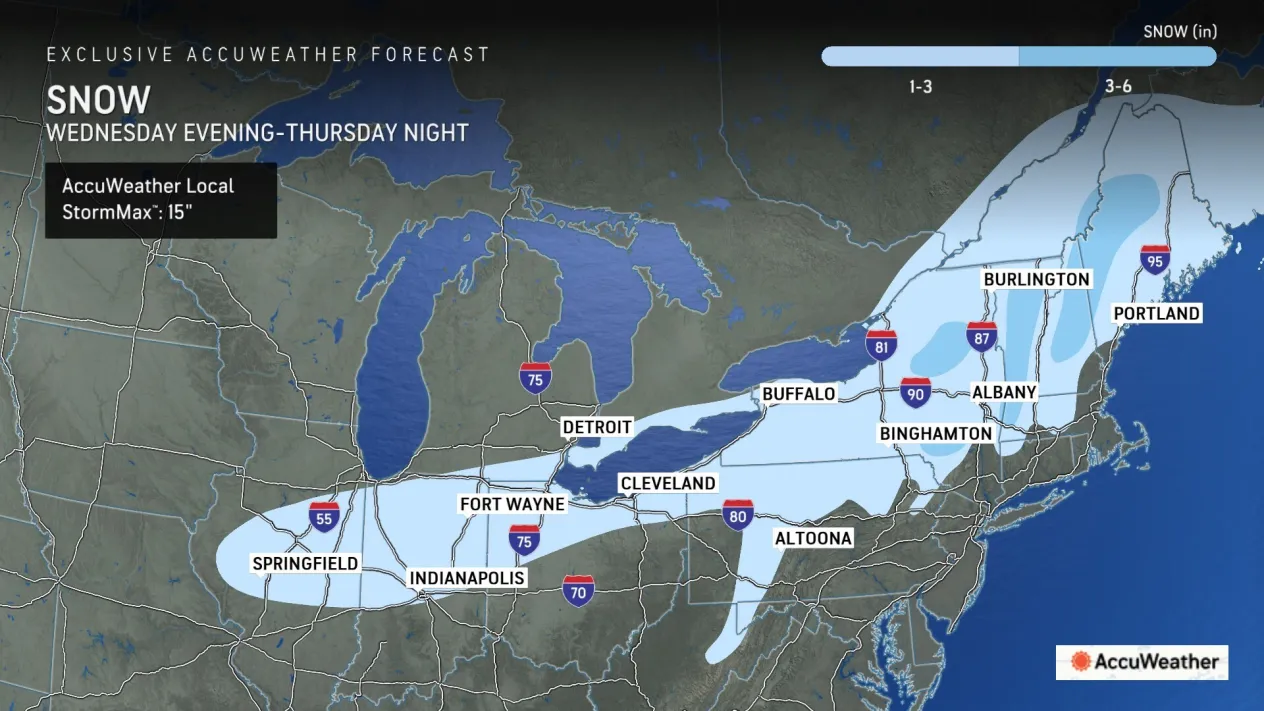President-elect Donald Trump's campaign promises have many wondering how his second presidency will impact everything from the economy to foreign affairs, but the youngest generation appears to be most optimistic about Trump's housing policies.
In a new report from ConsumerAffairs, 39 percent of voters said they expected mortgage rates to improve under Trump's presidency. However, by generation, Gen Z was by far the most optimistic, at 44 percent.
That's compared to 39 and 27 percent of millennials and Gen X respectively who said the same in the survey of 1,000 voters.
Kevin Thompson, a finance expert and the founder and CEO of 9i Capital Group, said Gen Z's optimism might be rooted in the naivety of youth rather than Trump's campaign.
"Gen Z tends to focus on the present, often lacking the life experience to recognize that political promises are rarely fulfilled," Thompson told Newsweek. "Trump's rhetoric about lowering housing prices was just that—rhetoric. Housing prices are largely driven by supply and demand, factors that no president directly controls."
Altogether, 43 percent of voters said Trump's policies will make homeownership more accessible for aspiring buyers, and one-third postponed a major financial decision while awaiting the election results.
This might not be attached to the real economic reality, however, Thompson said.
"Americans are overly optimistic if they believe long-term interest rates will drop significantly on their own," Thompson said. "With the U.S. grappling with an ever-growing debt burden, the bond market is signaling that fiscal discipline is needed. It's effectively choking off long-term borrowing until the country gets its financial house in order."
Instead, Thompson said today's higher interest rates reflect the "new normal."
"Gen Z grew up expecting near-zero rates indefinitely—an artificial condition that is now a key reason why housing has become so unaffordable," Thompson said.
When it came to the economy, however, voters were still more concerned about its future (47 percent) than optimistic (44 percent).
Alex Beene, a financial literacy instructor for the University of Tennessee at Martin, said for many Gen Z-ers, the only economic comparison they have in their working years is the first Trump administration and Biden's presidency.
"President Trump has stated his goal numerous times before and after the election of returning interest rates to where they were during his first term," Beene told Newsweek. "The reason why Americans outside of Gen Z may not be as optimistic is they've lived through more presidencies and realize there are many more factors at play with interest rates than who's in the White House."
Realtor.com Chief Economist Danielle Hale previously told Newsweek Trump's impact on the housing market was a "toss-up," saying the chief problem is the lack of supply. There has been a shortage of between 2.5 and 7.2 million homes over the last decade, according to Realtor.com.
"The Republican Party platform and President-elect Trump on the campaign trail acknowledged these challenges, shining a light on problems that many voters face daily," Hale said. "The proposals to tackle these challenges, however, are likely to have a mix of good and unintended, but negative, consequences for the housing market."
Trump said previously he wanted to get rid of "unnecessary" housing development regulations, which can add more than $90,000 to the price of a new home. Trump and the Republican Party have also discussed making federal lands available for housing development.
Still, there are concerns over how Trump's proposed tariffs could disrupt the larger housing market.
"Falling mortgage rates would unlock homeowners who currently find moving untenable because their existing mortgage rate is so much lower than the market rate and also improve prospects for buyers by amplifying the buying power of their existing budgets," Hale said.
"However, taken as a whole, the various Trump policies could have the impact of raising inflation, particularly impacts stemming from proposed tariffs and reductions in immigration."




















 English (US) ·
English (US) ·